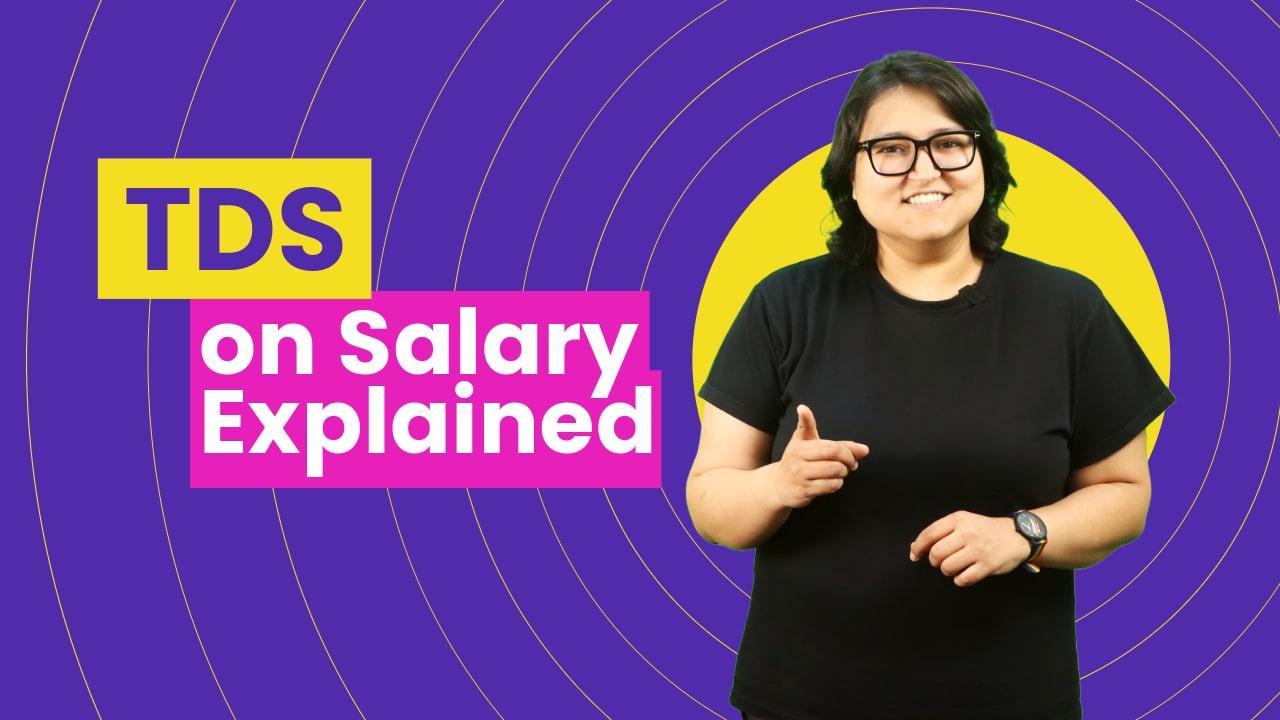TDS on Salary Explained: What Every Employee Should Know
TDS on salary ensures that taxes are deducted directly from your income. This could simplify tax compliance and timely payments. In this video, we’ll dive into how TDS on salary works and its impact on your finances. Your employer deducts TDS by calculating your annual salary and adjusting for exemptions and deductions. These could include those under Section 80C for investments or HRA for rent. This might ensure that the taxes are paid regularly, rather than as a lump sum at the end of the year.
We’ll also explain the role of Form 16, an essential document that provides a detailed breakdown of your income and TDS deductions. It could help you file your income tax return accurately, avoiding potential errors. Regularly reviewing your payslips might be crucial to ensure correct TDS deductions. Errors like under-deduction could lead to additional taxes with interest. Alternatively, over-deduction might result in a refund claim.
Finally, we’ll discuss strategies to reduce your TDS legally by maximising deductions through eligible investments and savings schemes. Through an understanding of TDS, you could manage your taxes effectively and optimise your take-home pay.

Key Takeaways
TDS on salary ensures tax compliance by deducting taxes directly from your income at the source
Understanding TDS on salary could help you manage your tax liabilities more effectively
Employers might calculate TDS on salary based on your annual income after accounting for eligible deductions
Form 16 could provide essential insights into your salary and TDS details, helping with accurate tax return filing
Ensuring accurate TDS on salary calculation might prevent potential tax-related issues, such as underpayments or overpayments
Regularly reviewing your payslip could help ensure that TDS on salary is deducted correctly
Exploring legal options to reduce TDS on salary through investments and deductions might optimise your tax obligations
Utilising provisions like 80C, 80D, and HRA could lower your net taxable income and reduce TDS on salary
What to Watch Next
























